Speakers
To attend the symposium, please register here.
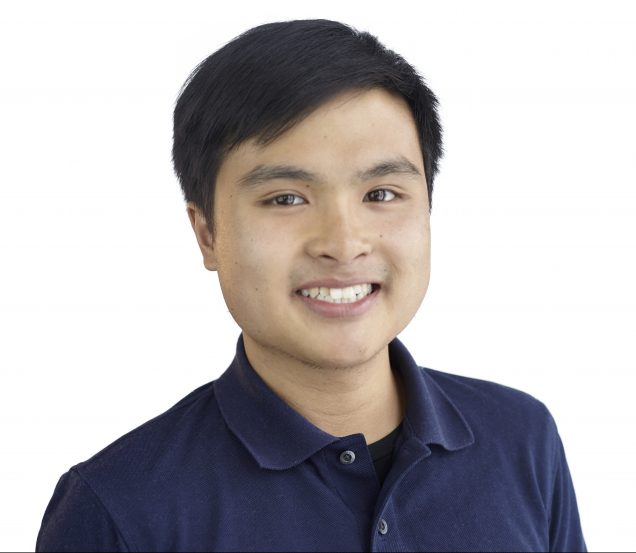
Alvin Bui is a Ph.D. student in modern Southeast and East Asian history at the University of Washington, Seattle, with interests in Cold War Asia, migration and diaspora studies. His research contextualizes the experiences of the ethnic Chinese in the Republic of Vietnam to their interactions with the RVN state and the Republic of China/Taiwan. Alvin graduated Phi Beta Kappa and magna cum laude from UCLA in History, Asian American and Vietnamese language studies after which he spent the majority of his post-baccalaureate life living and working in Vietnam.
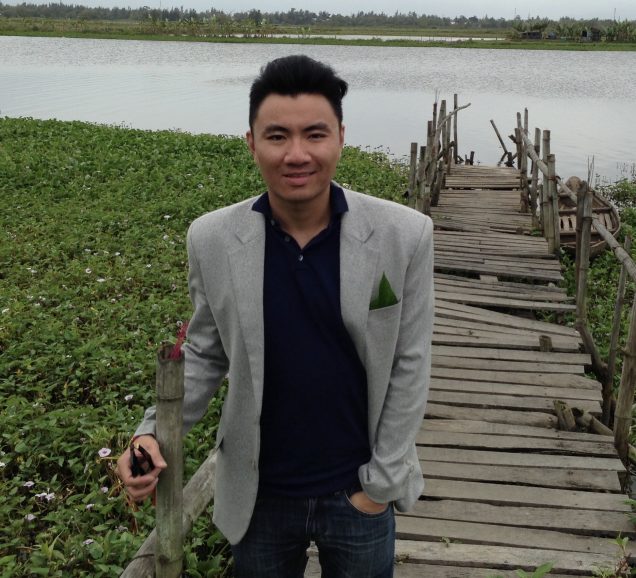
Phuoc M. Duong is a cultural anthropologist whose research interests incorporate: postsocialist transitions, youth culture, public education, and pedagogy. His current works examine the emergence of new forms of citizen-subjecthood amongst young adults in contemporary Vietnam. Focusing on agency as determined by a classed history, Phuoc’s research sheds light on the dynamic ways in which young adults adapt to a globalizing Vietnam. In addition, Phuoc is passionate about bringing Vietnam Studies to a wider audience through research and teaching initiatives.
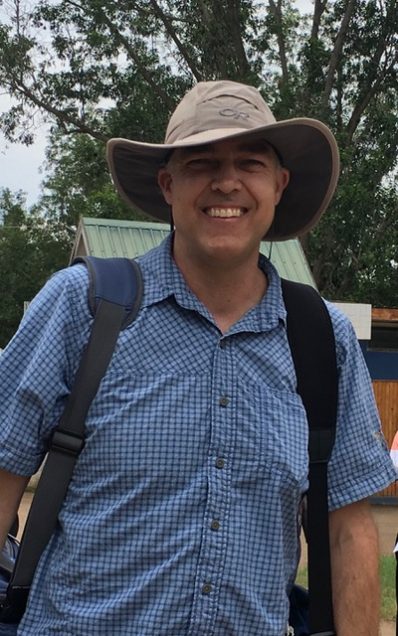
George Dutton is Professor of Vietnamese History and Southeast Asian Studies at UCLA. He is also the Director of the UCLA Center for Southeast Asian Studies. His research focuses on eighteenth and nineteenth-century Vietnam, with a particular interest in social and cultural history. His first book, The Tay Son Uprising (University of Hawai’i Press, 2006) explored a major uprising and its political and social fallout in the last three decades of the eighteen century. His second monograph, A Vietnamese Moses: Philiphe Binh and the Geographies of Early Modern Catholicism (University of California Press, 2016) uses the life of a Vietnamese priest to examine how Vietnam fit into the global Catholic church. He is also co-editor of Sources of Vietnamese Tradition (Columbia University Press, 2012), and editor of Voices of Southeast Asia (ME Sharpe, 2014). At UCLA he teaches courses on all aspects of Southeast Asia including literature, religion, colonialism, and upland ethnic communities.

Tine M. Gammeltoft is Professor of Anthropology at the Department of Anthropology, University of Copenhagen. She has conducted ethnographic fieldwork in Vietnam on kinship, gender and health since 1992 and has been engaged in several research capacity building projects in collaboration with Vietnamese universities. She is the author of numerous books and articles, including the award-winning Haunting Images: A Cultural Account of Selective Reproduction in Vietnam (University of California Press, 2014). At present, she collaborates with Thái Bình University of Medicine and Pharmacy, exploring how families live with the day-to-day consequences of chronic disease.
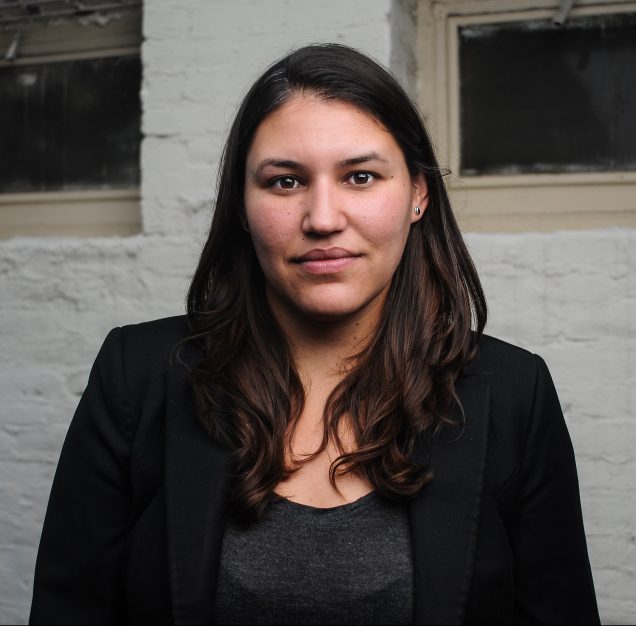
Sarah G. Grant is Assistant Professor of Cultural Anthropology at California State University, Fullerton whose research uses ethnographic methods to understand the human experiences of industrial agriculture, climate change, and precarity in contemporary Vietnam. She is finishing her first book length manuscript about industrial coffee production in the Central Highlands and developing two new research projects. The first is a multispecies examination of fertilizer production, birds, shrimp, and climate change in the Mekong Delta. The second is an ethnography of citizen science, conservation, and birdwatching communities in a transnational context.
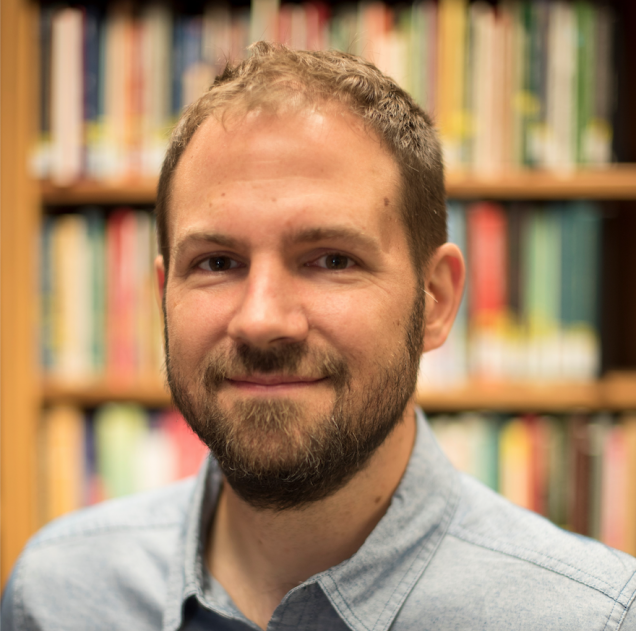
Charles Keith is an historian of modern Vietnam and Associate Professor of History at Michigan State University. He is the author of Catholic Vietnam: A Church from Empire to Nation (University of California Press, 2012). Catholic Vietnam has received the 2015 Harry J. Benda Book Prize (Association for Asian Studies), the 2013 Alf Andrew Heggoy Book Prize (French Colonial Historical Society), and the 2013 John Gilmary Shea Book Prize (American Catholic Historical Association). It has been translated into Vietnamese. His next book, Going West: Indochinese in Colonial France, explores the experiences of Vietnamese, Cambodians and Laotians in France during the colonial era, and the influence of these migrations on colonial and postcolonial societies in mainland Southeast Asia. He is co-Principal Investigator of the MSU Vietnam Group Archive, an NEH-funded project to digitize and disseminate materials generated by Michigan State’s technical assistance programs in South Vietnam from 1955-1962. He also currently serves as co-editor of the Journal of Vietnamese Studies.
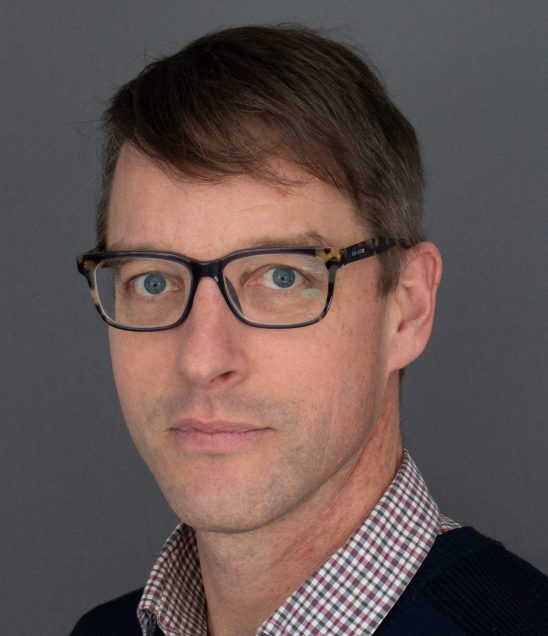
Christian C. Lentz holds a Ph.D. in Development Sociology from Cornell University, a Masters in Environmental Science from Yale University, and is Associate Professor of Geography at the University of North Carolina at Chapel Hill. He is author of Contested Territory: Điện Biên Phủ and the Making of Northwest Vietnam, featured in the Yale Agrarian Studies Series (Yale University Press, 2019). His articles have appeared in The Journal of Peasant Studies, Modern Asian Studies, Political Geography, and other journals. In addition to ongoing study of highland Southeast Asia, his current research traces political relations between Vietnam and Indonesia in the 1950s and explores transnational alternatives to Cold War alignment and nation-state domination.
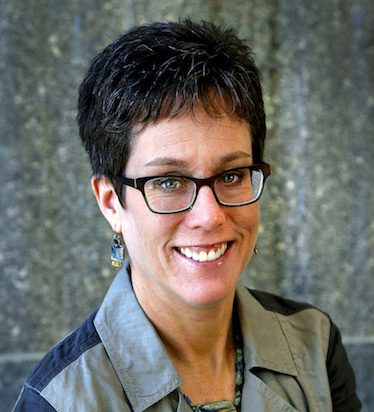 Ann Marie Leshkowich is Professor of Anthropology and Dean of the Faculty at College of the Holy Cross (Worcester, MA USA). Her research focuses on gender, economic transformation, neoliberalism, middle classness, fashion, social work, and adoption in Vietnam. She is author of Essential Trade: Vietnamese Women in a Changing Marketplace (University of Hawai‘i Press, 2014), for which she was awarded the 2016 Harry J. Benda Prize from the Association for Asian Studies, and co-editor with Kirsten W. Endres of Traders in Motion: Identities and Contestations in the Vietnamese Marketplace (Cornell University Press, 2018). She is a member of the editorial board of Journal of Vietnamese Studies, for which she and Thuy Linh Nguyen serve as book review co-editors.
Ann Marie Leshkowich is Professor of Anthropology and Dean of the Faculty at College of the Holy Cross (Worcester, MA USA). Her research focuses on gender, economic transformation, neoliberalism, middle classness, fashion, social work, and adoption in Vietnam. She is author of Essential Trade: Vietnamese Women in a Changing Marketplace (University of Hawai‘i Press, 2014), for which she was awarded the 2016 Harry J. Benda Prize from the Association for Asian Studies, and co-editor with Kirsten W. Endres of Traders in Motion: Identities and Contestations in the Vietnamese Marketplace (Cornell University Press, 2018). She is a member of the editorial board of Journal of Vietnamese Studies, for which she and Thuy Linh Nguyen serve as book review co-editors.
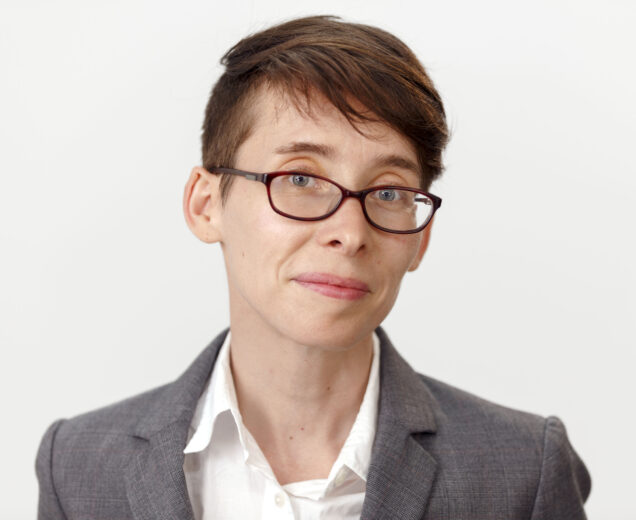
Martha Lincoln is Assistant Professor in the Anthropology Department at San Francisco State University. A medical and cultural anthropologist, she has published research on the public health effects of đổi mới and the cultural landscapes of late socialism. With funding from FLAS, the SSRC, and IIE Fulbright, she has studied these issues ethnographically in Ha Noi. Her publications have addressed the politics of Viet Nam’s informal sector, cholera epidemics in Ha Noi, and stratification in Viet Nam’s health services. With interdisciplinary collaborators in the social sciences and humanities, she has published on topics including femicidio in Guatemala, the cultural politics of anatomical exhibitions, and ghosts and hauntings in the humanities and in post-conflict Viet Nam. Her book Epidemic Politics in Contemporary Vietnam: Public Health and the State is forthcoming from I.B. Tauris.
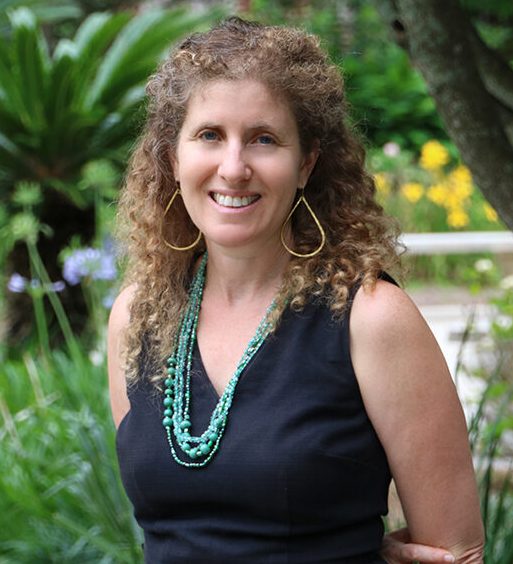
Jana Lipman is Associate Professor of History at Tulane University. She is the author of In Camps: Vietnamese Refugees, Asylum Seekers, and Repatriates (UC Press, 2020), Guantanamo: A Working-Class History between Empire and Revolution (UC Press, 2009), and Co-translator with Bac Hoai Tran of Ship of Fate: Memoir of a Vietnamese Repatriate by Trần Đình Trụ (University of Hawaii Press, 2017). She has written, co-authored, and edited numerous scholarly publications, and she has also written essays for the Washington Post, The New Orleans Advocate/Times Picayune, and The Conversation.com.
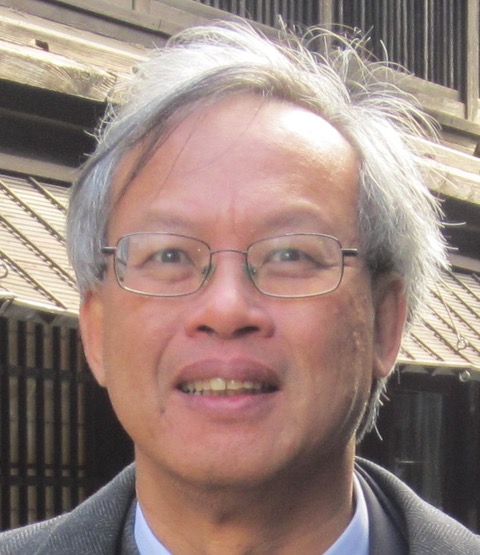
Hy V. Luong is Professor of Anthropology at the University of Toronto. He is the author or editor/co-editor of 9 books. His recent books include Tradition, Revolution, and Market Economy in a North Vietnamese Village, 1925-2006 (University of Hawaii Press, 2010), Hiện đại và động thái của truyền thống ở Việt Nam: Những cách tiếp cận Nhân học (Modernities and the Dynamics of Tradition in Vietnam: Anthropological Approaches, 2 edited volumes, 2010, National University of Hồ Chí Minh City Press), and The Dynamics of Social Capital and Civic Engagement in Asia (Routledge, 2012, co-edited with Amrita Daniere). Luong is currently working on gift exchanges, social capital, rural-to-urban migration, and economic and socio-cultural transformation in rural Vietnam. He is currently serving as AAS President.
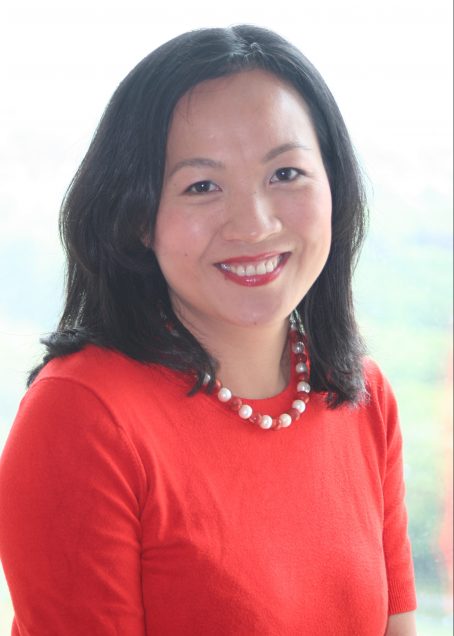
Tam Ngo studies religious changes, the dialogues between spiritualism and sciences, and memory politics in post-war late socialist Vietnam and China using anthropological methods and discourse analysis. She is the author of The New Way: Protestantism and the Hmong in Vietnam (University of Washington Press, 2016) and is currently writing a second monograph provisionally titled, The Unclaimed War: The 1979 Sino-Vietnamese Border War and its Memory Politics in Vietnam and China. As a senior research fellow of the NIOD Institute for War, Genocide, and Holocaust Studies (Amsterdam, the Netherlands) and the Max Planck Institute for the study of Religious and Ethnic Diversity (Goettingen, Germany), she is leading a research team to investigate the use of spiritual and DNA forensics to find and identify war dead in Vietnam and its implication for the country’s reconciliation politics.
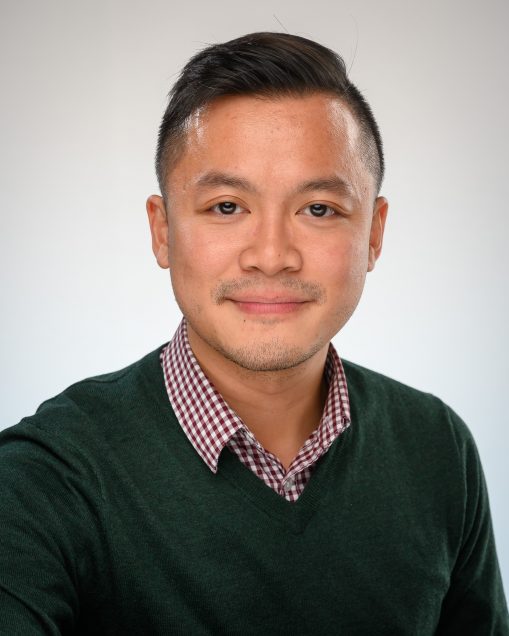
Dat M. Nguyen is a postdoctoral researcher at the NIOD Institute for War, Holocaust and Genocide Studies. He holds a Ph.D. in Sociocultural Anthropology from Boston University. His research focuses on religion, ethics, care, and war trauma in Vietnam. His current book project, tentatively titled Crafting a Buddhist Public: Urban Buddhism and Youth Aspirations in Late-Socialist Vietnam, explores the recent proliferation of Buddhist educational programs for youth in Ho Chi Minh City and its implications for urban public life. At the NIOD institute, his research work examines the influence of religion on the discourses and practices of postwar remembrance and reconciliation in southern Vietnam. He is also developing a second book project that investigates the provision of medical, psychological, and spiritual care for veterans in postwar Vietnam. He has published his research on Buddhism in the Journal of Vietnamese Studies and the Journal of Global Buddhism (forthcoming).

Harriet M. Phinney holds a B.A. in Anthropology from Grinnell College, a MPH from the University of Michigan, and a Ph.D. in Sociocultural Anthropology from University of Washington. She has worked professionally in the field of reproductive health and as a consultant in Vietnam teaching ethnographic research methods. At Seattle University, she teaches classes in cultural and critical medical anthropology. Her research interests focus on global reproductive health, the politics of reproduction, and how changing social structures, ideologies and practices of marriage and gender influence the epidemiology of HIV transmission. Her forthcoming book, Single Mothers and the State’s Embrace: Reproductive Agency in Vietnam (University of Washington Press), is a 20-year longitudinal ethnographic study about postwar and contemporary single women in Vietnam who intentionally chose to get pregnant out of wedlock.
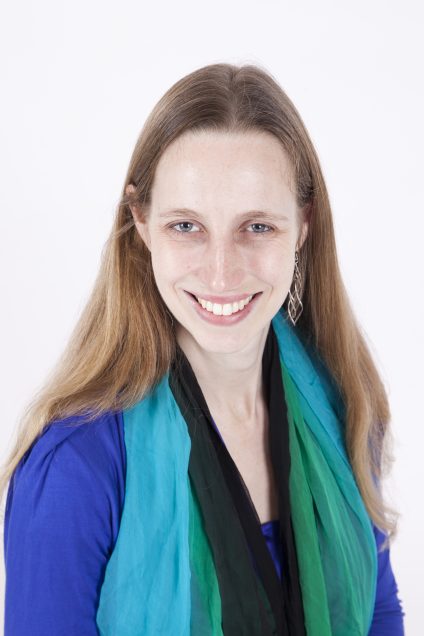
Annemarie Samuels is Assistant Professor of Cultural Anthropology at the Institute of Cultural Anthropology and Development Sociology, Leiden University. Her ethnographic research in Indonesia explores the ways in which people narratively navigate major upheavals in their personal lives and society, especially in the context of disaster and HIV/AIDS. She is the author of After the Tsunami: Disaster Narratives and the Remaking of Everyday Life in Aceh (University of Hawai’i Press, 2019), an ethnographic monograph that traces survivors’ efforts of remaking their worlds after the 2004 Indian Ocean Tsunami in Aceh, Indonesia, in the aftermath of a violent conflict and amidst an unprecedented humanitarian aid operation. She is currently leading an ERC-funded research project on global palliative care, and writing on the role of silence care trajectories of people living with HIV.
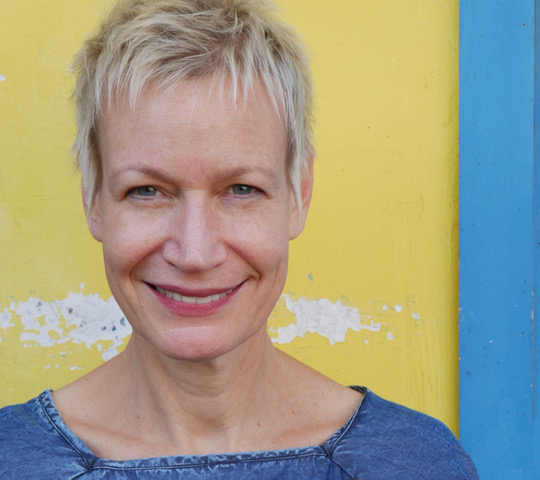
Christina Schwenkel is Professor of Anthropology at the University of California at Riverside and co-editor-in-chief of the Journal of Vietnamese Studies. She works in the fields of cold war cultural studies, critical urban theory, decolonization, and new materialism. Her research has examined the long-term material and social impacts of American imperialism in Vietnam, including aerial bombardment of urban infrastructure. She is the author of The American War in Contemporary Vietnam: Transnational Remembrance and Representation (Indiana University Press, 2009), and, most recently, Building Socialism: The Afterlife of East German Architecture in Urban Vietnam (Duke University Press, 2020), an historical ethnography of collective housing and its decay in Vinh City. Her latest work examines industrial design and the crafting of expertise in Vietnam. She is currently writing a book on pandemic soundscapes in Hanoi.
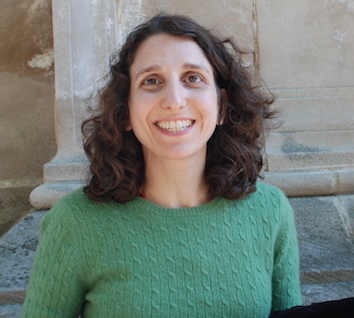
Merav Shohet is Assistant Professor of Anthropology at Boston University. She holds a Ph.D. and M.A. in anthropology from UCLA and an A.B. in Social Studies from Harvard. She is the author of Silence and Sacrifice: Family Stories of Care and the Limits of Love in Vietnam (University of California Press, 2021). Shohet’s work integrates psychological-medical, linguistic, and sociocultural anthropology to examine care, affect, ethics, gender, kinship, and health in Vietnam, North America, and Israel/Palestine. She has published articles on morality and language socialization; mourning, social change, and the semiotics of funerary ritual; narrative and eating disorders; love, family, and gender politics; and hierarchy and forms of address/self-reference in American Anthropologist, American Ethnologist, Ethos, and the Journal of the Royal Anthropological Institute, among others. Two of her current projects include an SSRC-funded study of stigma syndemics and end-stage kidney disease in disenfranchised urban communities fighting Covid-19 and a longitudinal study of practices of elder-care and inequality in Israel’s transforming kibbutzim.
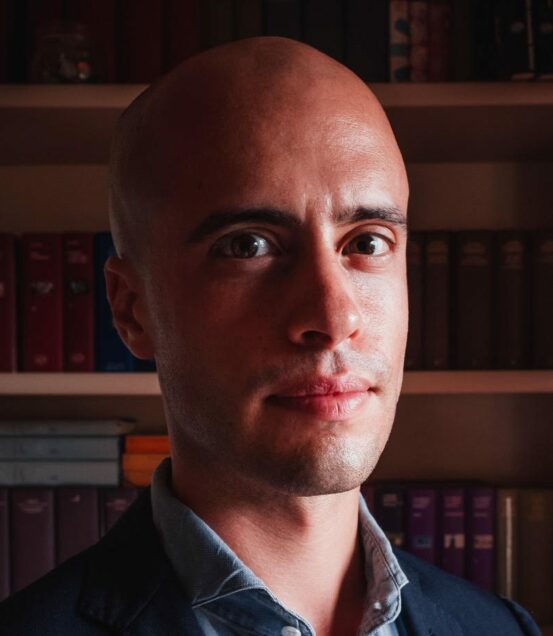
Benjamin Siegel is Assistant Professor of History at Boston University, where he teaches South Asian and global history. He holds a B.A. from Yale University and an A.M. and a Ph.D. from Harvard University. Siegel is the author of Hungry Nation: Food, Famine, and the Making of Modern India (Cambridge University Press, 2018), and is writing a transnational history of the United States opioid crisis, under contract with Oxford University Press.

Hue-Tam Ho Tai recently retired from Harvard University where she was the Kenneth T. Young Professor of Sino-Vietnamese History. She is the author of Millenarianism and Peasant Politics in Vietnam (Harvard University Press, 1983), Radicalism and the Origins of the Vietnamese Revolution (Harvard University Press, 1992), and Passion, Betrayal and Revolution in Colonial Saigon (University of California Press, 2010). In addition, she had edited several books and journal symposia.
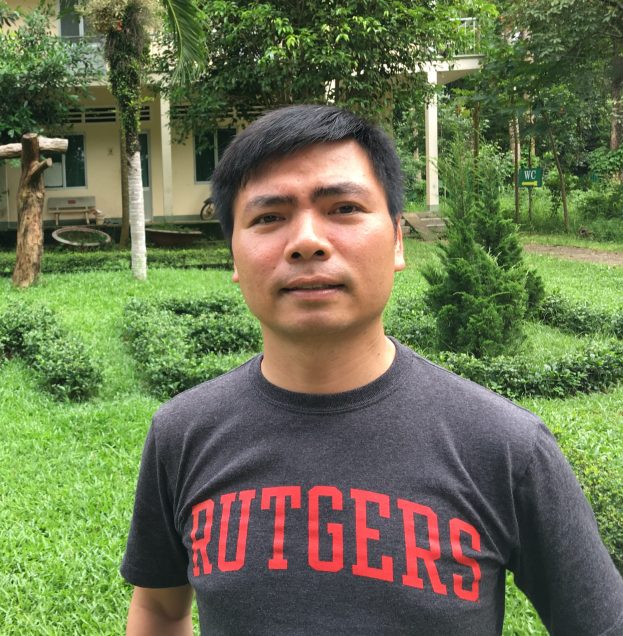
Hoang Thach is a Ph.D. Candidate in Geography and a Graduate Teaching Assistant in Human Ecology at Rutgers University. His research explores how the Anthropocene condition in tropical countries like Vietnam ties multiple spaces and concepts of nature conservation together, e.g. biodiversity conservation, conservation biology, new conservation, rewilding nature, and restoration ecology. He focuses on species rewilding in Vietnam including both in-situ and ex-situ spaces for conservation. His research investigates values of aesthetics and wilderness, economic values as connected to the production of nature, the roles of humans and non-humans in agency making, and multiple ontology-making of conservation goals and practices as produced by Anthropocene conditions. For his master’s research he studied the ecology and conservation of the Tonkin Snub-nosed Monkey in Vietnam. He has published about the development of primatology and primate conservation in Vietnam and on slow loris conservation and wildlife trade in Vietnam through an ethnoprimatology and multispecies ethnography lens. He also developed and taught new courses in Environmental Anthropology and Biological Anthropology in his role as a Lecturer at Vietnam National University in Hanoi.
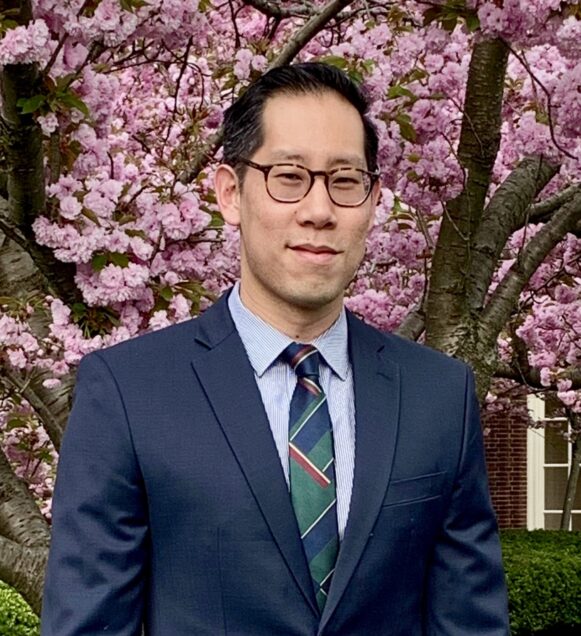
Allen Tran is Associate Professor of Anthropology at Bucknell University. He received a Ph.D. in cultural anthropology from the University of California, San Diego. His research documents the expansion of mental health care in Ho Chi Minh City as a means to explore the impact of rapid economic growth on subjectivity, the good life, and the emotional lives of Vietnam’s middle class. He has published in American Anthropologist, Medical Anthropology Quarterly, and the Journal of the Royal Anthropological Institute, and he is finishing his first book, A Life of Worry: Global Mental Health in Vietnam’s Age of Anxiety. He teaches courses on anthropological theory, medical anthropology, and Southeast Asia.
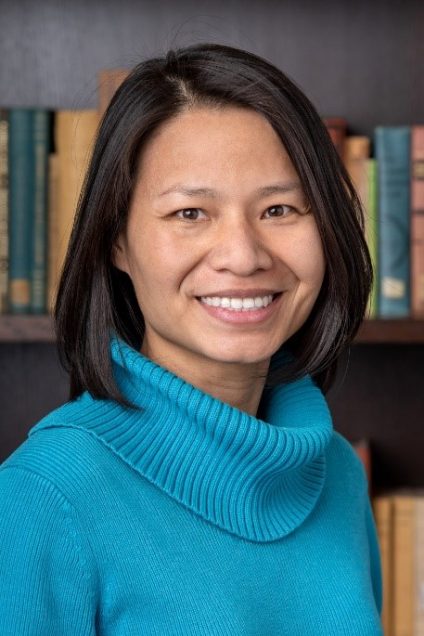
Quan T. Tran is Lecturer and Senior Program Coordinator in Ethnicity, Race, and Migration at Yale University. She holds a Ph.D. in American Studies from Yale University. Her book manuscript, Anchoring Vietnamese Boat People’s Past: The Politics of Refugee Memory, History, and Identity, traces contemporary remembrances of the Vietnamese boat people exodus in Southeast Asia, Western Europe, Australia, North America and cyberspace. She has also published in Journal of Vietnamese Studies; Amerasia Journal; Journal of Southeast Asian American Education & Advancement; and in edited volumes including Refugee Crises, 1945-2000: Political and Societal Responses in International Comparison (forthcoming); and Looking Back on the Vietnam War: Twenty-first Century Perspectives. Dr. Tran is also a poet and translator. Her poetry and translations appear in Troubling Borders: An Anthology of Art and Literature by Southeast Asian Women in the Diaspora; Thế Kỷ 21; and www.damau.org.
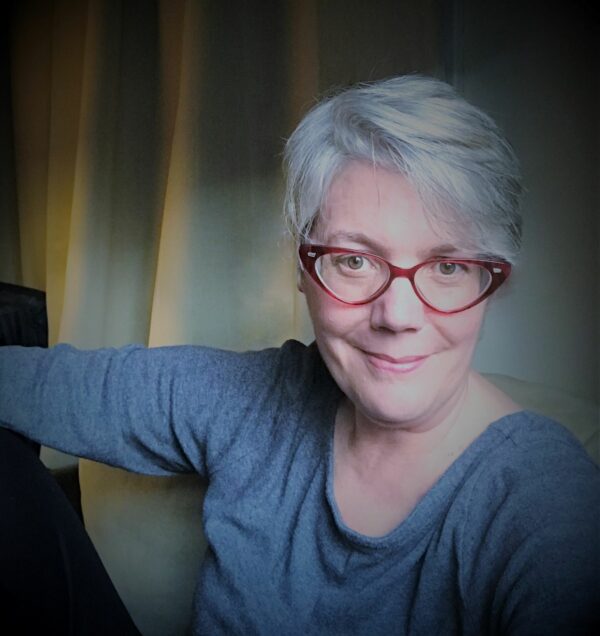
Allison Truitt is Associate Professor of Anthropology at Tulane University. Her work focuses on global dimensions of cultural life in Vietnam and the diaspora. In addition to Dreaming of Money in Ho Chi Minh City (University of Washington Press, 2013) and Pure Land in the Making: Vietnamese Buddhism in the US Gulf South (University of Washington Press, 2021), she has published journal articles on vehicles of value and their regulation, from motorbikes to gold bars.
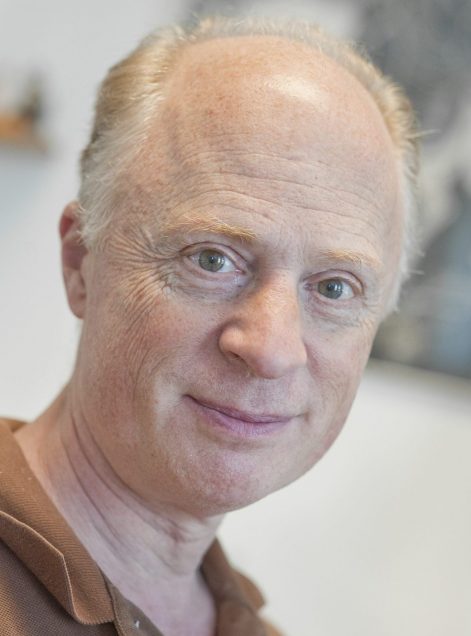
Robert P. Weller is Professor of Anthropology at Boston University. Much of his work concentrates on Chinese societies in a comparative context. Most recently, this led to the publication of Religion and Charity: The Social Life of Goodness in Chinese Societies (co-author, Cambridge University Press, 2018). Weller’s current research focuses on religious change and rapid urbanization in China. Another major research endeavor is a more theoretical exploration of what allows humans to live in peace while still accepting the deep differences that divide us. Three co-authored volumes have appeared from this set of problems, culminating in How Things Count as the Same: Memory, Mimesis, and Metaphor in Social Life (Oxford University Press, 2019). His recent work on silence has appeared as “Salvaging Silence: Exile, Death, and the Anthropology of the Unknown,” Anthropology of this Century, 2017.
